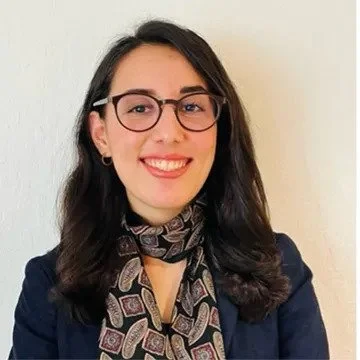Join the Center for Immigrant and Refugee Health (CIRH) on September 18 to gain a deeper understanding of the mental health challenges faced by Afghan refugee communities. In this online session, attendees will learn about the mental health disparities in the Afghan refugee community and identify barriers to accessing mental health care.
Date and Time: September 18th, 2024, 12:00-1:00 pm PST
Featured Speakers
Dr. Marius Koga, MD, MPH, FRSPH
A former political prisoner and refugee, Professor Koga directs the Ulysses Refugee Health Research Program at UC Davis School of Medicine. In the past 30 years, his work has centered on transcultural psychiatry including evaluations of Afghan, Iraqi, Burmese, Congolese, Iranian, and Syrian refugees at Sacramento County Refugee Health Clinic. Dr. Koga’s work spans Kyrgyzstan, Afghanistan, Russia, Iran, Türkiye, Iraq, Syria, Lebanon, and Egypt. Research range: PTSD, cultural, religious/spiritual modulators of trauma, idioms of distress, Ulysses Syndrome, cultural retooling, domestic violence, and the medicalization of social suffering. He is a member of the World Psychiatric Association, Transcultural Psychiatry Section, the Athena Network, UC Davis Global Migration Center, and a Fellow of the Royal Societies for Medicine and for Public Health, London, UK.
Sima Naderi, MPH, MSc
Sima Naderi, MPH, MSc, is a PhD student at UCSF Institute for Global Sciences. She completed her undergraduate and master’s in public health at Kabul University of Medical Science, Kabul, Afghanistan, and she earned her MSc in Global Health from UCSF, in 2023. Previously, she was an Assistant Professor at the Kabul University of Medical Science, Department of Epidemiology and Biostatistics, and worked at the Vice President`s office as a senior data scientist. Her research spans maternal and reproductive health, mental health and substance use, and studies of barriers accessing to health and non-health services among Afghan refugees in the US. She has been the co-investigator and data scientist for studies jointly conducted between Kabul Medical University, the University of British Columbia, and Can-Health International. Currently, she examines the health and life vulnerabilities of Afghan refugees in the United States and is affiliated with ReproNet as a Health Equity Scholar.
Agenda
Part I: 20 minutes – Magnitude, Disparities, and Paradigm Gaps
Post resettlement everyday life difficulties in Afghan refugee families
Incidence and prevalence rates of mental disorders in Afghan refugees
Mental health disparity gaps in CA between Afghans and US-born population
Mental health instruments used to screen for and assess mental disorders
Adverse Childhood Experiences (ACEs) in Afghan refugee children
Impact of acculturation and gender on mental distress and service utilization
Part II: 30 minutes – Service Access Barriers and Facilitators in Sacramento
Geographical and social mapping of health services for Afghan refugees
Services awareness, access, and navigation support
Systemic, personal, cultural, and policy-related barriers
Insights from providers within governmental agencies and resettlement partners
Barriers to providing mental & sexual health, and domestic violence services
Linking barriers to the facilitators
Q&A: 10 minutes



